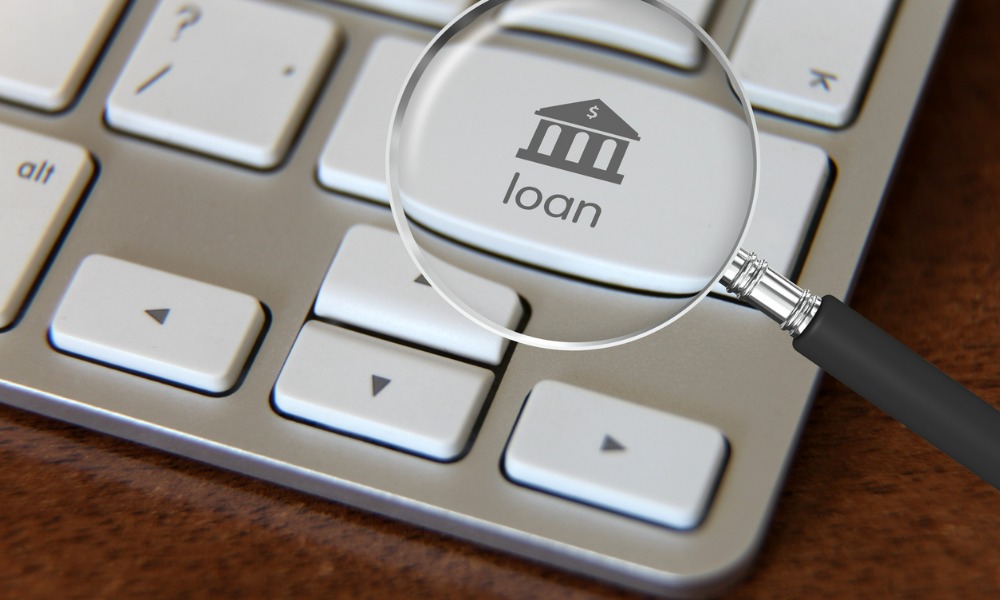Securing an individual loan is simple for salaried workers but tough for self-employed individuals. The fluctuation of income and the lack of income verification make self-employed applicants higher-risk borrowers for traditional lenders. But proper planning and knowledge of eligibility requirements can increase the likelihood of approval for self-employed people. Some issues and solutions for self-employed people applying for a personal loan are reviewed.
Understanding the Unique Challenges for Self-Employed Individuals.
1) Income Variability and Stability Concerns
The main obstacle for self-employed people is inconsistent income. Unlike salaried workers whose earnings are capped monthly, the earnings of self-employed professionals may fluctuate with the market, seasonal variations or demand cycles in business. This income discrepancy worries lenders because it signals higher default risk.
2) Difficulty with Income Verification
Traditional lenders typically look at salary slips and other official documentation to determine whether an applicant can afford to repay. But self-employed people often lack these standard income verification forms of verification. Lenders may be wary if they can not immediately determine the financial health of the borrower from complex financial statements or poorly documented financial statements.
3) High Debt-To-Income Ratio
Due to the dynamics of self-employment, several individuals have high debt-to-income ratios – particularly in case you have taken business loans or some other credit facilities to finance your venture. In case the debt-to-income ratio is absurdly high, the extra economic strain could cut their chances of obtaining an individual loan.
4) Very Stringent Personal Loan Eligibility Criteria
Some banks and financial institutions have extremely stringent rules on an personal loan for self-employed individuals. Those criteria may include a minimum annual income, a good credit score and business tenure. These requirements are usually not easy to meet, especially for freelancers/independent contractors or perhaps a new entrepreneur.
Solutions to Overcoming These Challenges

Despite these hurdles, self-employed individuals can boost their odds of obtaining a personal loan online. The key strategies are listed below:
a) Maintain a High Credit Score
Your credit score affects your loan eligibility. A high credit score suggests you have a great credit history and will handle debt responsibly. Repay outstanding loans or credit cards promptly, restrict credit utilisation and never use for more than one loan or credit card at any given time to enhance your credit score. A score over 750 is good, and a good credit score can increase your personal loan eligibility significantly.
b) Organise and Maintain Financial Documentation
The financial records have to be accurate and complete. To prove income stability, lenders may request bank statements, income tax returns (ITR), profit and loss statements and other financial documents. Show proof of consistent income by filing well-documented ITRs for the past two to three years to give the lender an idea of your financial standing. Proper documentation is required to prove you qualify for a personal loan for self-employed.
c) Go for Secured Loans
In case you cannot get an unsecured personal loan, get a secured loan. A secured loan requires collateral such as property, fixed deposits, or gold and lowers the risk for the lender and may increase chances of approval. You pledge assets that will pay back the loan, which can make lenders more likely to approve your application.
d) Demonstrate Business Stability and Growth
Some of the worries lenders have about income variability can be offset by longevity and stability in your business. For example, in case you prove your business is 3 years old and has grown in revenue, lenders might be lenient about you. Additionally, highlighting any recent projects, contracts, or partnerships that support the prospect of future income can further strengthen your case for personal loan eligibility.
e) Choose a Specialised Lender for Self-Employed Applicants
Some banks and internet lenders offer personal loans to self-employed people. These lenders typically have more flexible requirements for self-employed borrowers. They may also use other forms of income verification such as GST filings, contracts with clients or evidence of repeat business from clients. Researching and applying through these specialist lenders can cut down the time and increase your chances of getting a loan.
How Do You Find Personal Loan Eligibility Criteria for Self Employed Individuals?
Know eligibility rules for a personal loan for self-employed people when applying for one.
Common requirements include:
- a) Minimum Age and Maximum Age at Loan Maturity: Most lenders want applicants to be 25 to 65 years of age. Ensure you fit within this range to qualify.
- b) Minimum Annual Income: For self-employed people, each lender requires different income requirements. A stable income of INR 2 to 3 lakhs can help you strengthen your loan application.
- c) Continuity of Business: A business that is stable for two to three years is preferred by lenders.
- d) Credit Score: As noted above, a credit score of 750 or better can boost your eligibility. Lenders often look at the credit history to see how well the applicant can repay.
- e) ITR Documentation: Self-employed applicants usually file ITRs for the last two to three years and lenders will want proof of consistent income.
Tips to Improve Your Personal Loan Approval Chances
- i) Redemption of Outstanding Debts: Trim existing debt before you apply for a new loan. This could lower your debt-to-income ratio and could raise your personal loan eligibility.
- ii) Maintain a Healthy Bank Balance: A healthy balance in your bank account over time can mean financial security. It gives lenders confidence that you can handle your money responsibly.
iii) Choose the Right Loan Tenure: Choosing a longer repayment tenure can reduce the monthly EMI burden, making repayments easier for the self-employed. However, a longer tenure may increase the total interest payable.
- iv) Choose a Co-applicant: Adding a co-applicant with a stable income or good credit score can boost your chances of approval. This is particularly useful when the co-applicant is salaried.
- v) Carefully Consider Research Loan Offers: Different lenders charge different interest rates and offer different terms on loans. Compare multiple loan offers, including prepayment charges, processing fees and additional terms to find the right lender. Locating a lender with flexible criteria for self-employed individuals can make a massive difference.
Even if getting a personal loan for self-employed individuals is tough at best, there are methods to boost your eligibility and get approved. Keeping a great credit rating, organising financial documents and selecting a lender that concentrates on self-employed applicants will boost your odds of obtaining the funds you need. The unique needs, challenges and solutions of obtaining a personal loan for self-employed individual can help you make sound decisions regarding financial security and growth.
With preparation and understanding of personal loan eligibility requirements, self-employed individuals can navigate the lending landscape successfully obtaining funds for personal and/or professional use.




